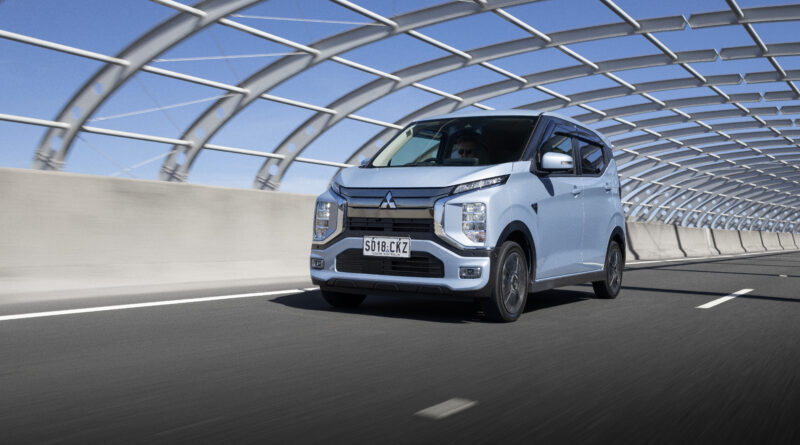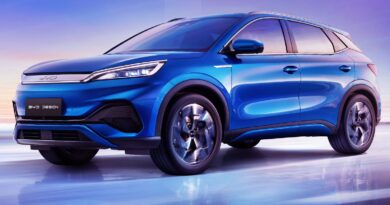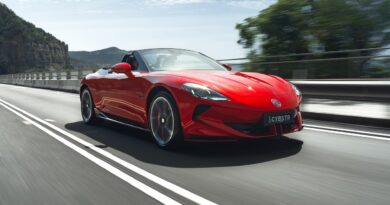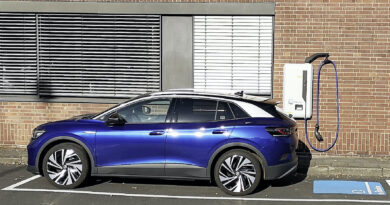You can forget a cheap Japanese electric car in Australia: Red-tape ends Mitsubishi’s dream of sub-$30K eK SUV
Mitsubishi Motors Australia says our vehicle approval process has stymied plans to introduce its cut-price Mitsubishi eK SUV that was shaping up to be the cheapest EV ever sold Down Under.
Releasing a scathing press statement, Mitsubishi criticised Australian Design Rules (ADRs) for being “prohibitively” expensive that made it “uneconomic” to introduce its most affordable vehicles in their current form due to the amount of time and money needed to make it ADR-compliant.
It means the tiny Mitsubishi eK – which could have been Australia’s cheapest EV, with a sub-$30K price tag – won’t be coming here anytime soon.
READ MORE: 2024 Mitsubishi EK X review: First Aussie drive of the cuddly kei car that could become Australia’s cheapest EV
READ MORE: Green light for electric cars! Aussie CO2 standard tough on Toyota, SUVs and utes
READ MORE: Toyota a winner as CO2 reduction plan goes lighter on SUVs and utes
The Japanese car maker has joined Nissan’s calls to reform the current system in its entirety ahead of the upcoming 2025 New Vehicle Efficiency Standard (NVES).
ADR regulations are claimed by some to be responsible for delaying emission-compliant models that are already available overseas, essentially denying consumers choice.
Slashing the time taken to type approve cars would help car makers fast-track a larger number of more fuel-efficient vehicles ahead of NVES implementation on July 1, 2025, while reducing the amount of R&D spent on ADR compliance, with the savings potentially passed on to new car buyers.
“The largest barrier to Automotive Original Equipment Manufacturers (OEMs) introducing these vehicles is the lengthy Australian Type Approval process,” said Mitsubishi in its statement.
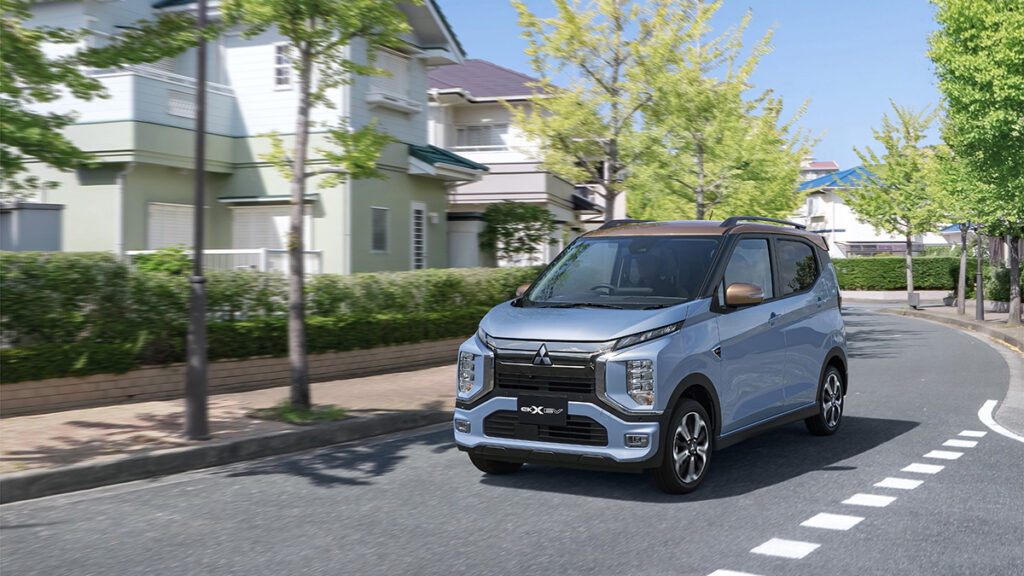
“Depending on the vehicle, this process can take anywhere from 18-24 months. This factors in the time taken to obtain international type approvals in the first instance, undertaking development and obtaining compliance information for additional unique Australian ADRs, as well as production and shipping time.
“MMAL would support an Australian Government reform program, and suggests consideration of a process where vehicles type approved in established global markets, such as Japan, the European Union and the UK, be accepted into Australia without needing additional unique modifications and approvals.”
Mitsubishi Motors Australia has also called for the government to bring ADRs in line with the requirements established by the 1958 United Nations Economic Commission for Europe (UNECE) agreement, which Australia is already a signatory of.
The triple-diamond brand the drastic overhaul of the current system would have “no impact on safety”.
Plenty of cars in recent history have fallen foul of ADR regs, including the BYD Atto 3 and Tesla Model 3, each forced to fit a central top tether point for child seats.
The locally adapted right-hand drive Ford F-150 was another victim, while Nissan says undisclosed ADR-compliant issues has hampered its chances to bring its flagship Nissan Ariya EV to market.

